Tight house, what about indoor air quality?
nanj
9 years ago
Related Stories
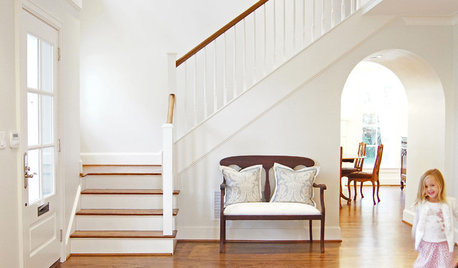
HEALTHY HOMEA Guide to Indoor Air Purifiers
Get the lowdown on air filtration systems for your house and the important ratings to look out for
Full Story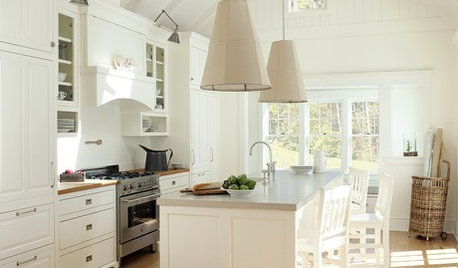
HEALTHY HOMEGet Cleaner Indoor Air Without Opening a Window
Mechanical ventilation can actually be better for your home than the natural kind. Find out the whys and hows here
Full Story
MATERIALSInsulation Basics: What to Know About Spray Foam
Learn what exactly spray foam is, the pros and cons of using it and why you shouldn’t mess around with installation
Full Story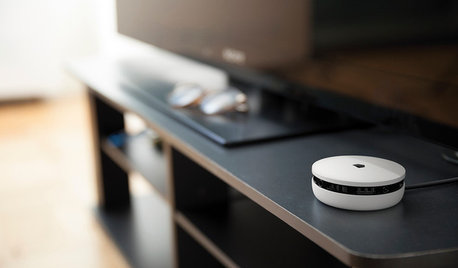
HOME TECHIn Rarefied Air: Meet 3 Cutting-Edge Home Sensors
These new all-purpose sensors send alerts to your smart phone about temperature, air quality and a whole lot more. Why not?
Full Story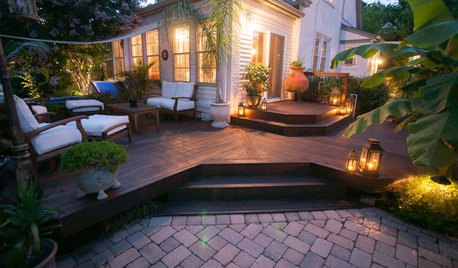
MOST POPULARWhat to Know About Adding a Deck
Want to increase your living space outside? Learn the requirements, costs and other considerations for building a deck
Full Story
DECORATING GUIDESAir Plants Go Easy on Indoor Gardeners
If your best intentions leave stalks barely breathing, embrace blissfully easy air plants to bring a living garden to your home
Full Story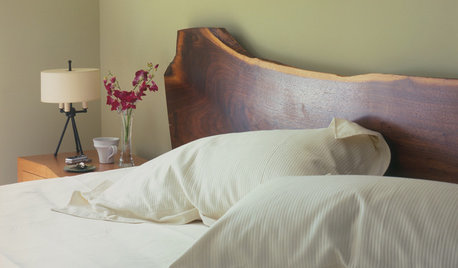
HEALTHY HOMEWhat You Need to Know About Dust and How to Fight It
Breathe easier with these 10 tips for busting mites, dander and other microscopic undesirables
Full Story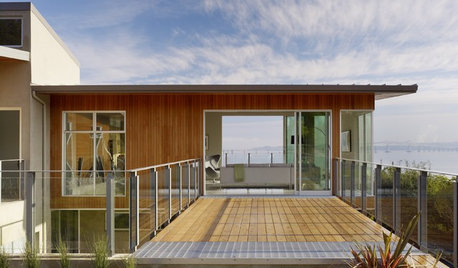
GREEN BUILDINGWhat's LEED All About, Anyway?
If you're looking for a sustainable, energy-efficient home, look into LEED certification. Learn about the program and its rating system here
Full Story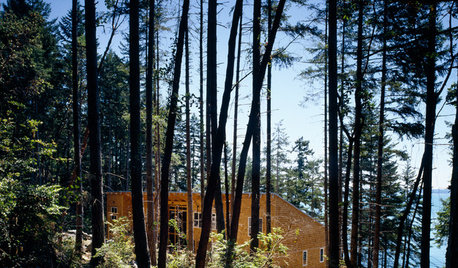
LANDSCAPE DESIGNHow to Use Scrim to Add a Seductive Quality to Your Garden
Your garden may be asking for depth and intrigue. Give it what it wants
Full Story
FUN HOUZZHouzz Call: Tell Us About Your Dream House
Let your home fantasy loose — the sky's the limit, and we want to hear all about it
Full Story







dekeoboe
Annie Deighnaugh
Related Professionals
Ann Arbor Architects & Building Designers · Los Alamitos Architects & Building Designers · Bloomingdale Design-Build Firms · Colorado Springs Home Builders · Prichard Home Builders · Valencia Home Builders · West Hempstead Home Builders · Anchorage General Contractors · Klahanie General Contractors · Lake Forest Park General Contractors · Miami Gardens General Contractors · Modesto General Contractors · Panama City Beach General Contractors · Seal Beach General Contractors · Watertown General Contractorsrwiegand
Brian_Knight
nanjOriginal Author
Annie Deighnaugh
dekeoboe
Annie Deighnaugh
Awnmyown
energy_rater_la
nanjOriginal Author
Annie Deighnaugh
Iowacommute
lazy_gardens
nanjOriginal Author
Iowacommute
energy_rater_la